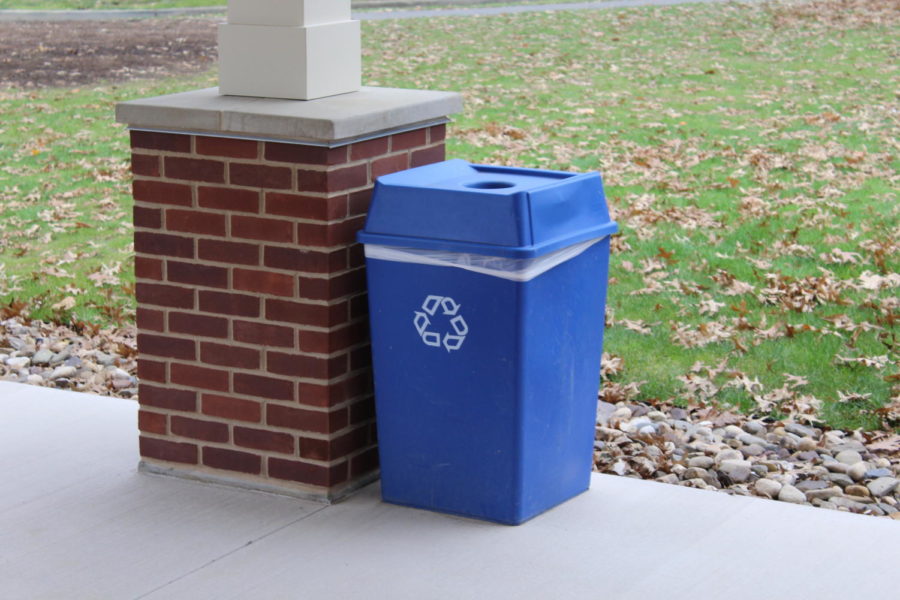Step-by-step guide to recycling the right way
November 19, 2022
One of the most overlooked conundrums of modern society is the topic of recycling. I for one have made the crucial mistake of putting waste in recycling bins, and recyclables in waste bins. And to be frank, until I joined the sustainability committee, I did not think anything of it.
It is common for society to neglect problems such as these since they do not directly impact our everyday lives. However, after taking the time to research the impacts of tossing waste in recycling bins, I was shocked that I was willingly contributing to one of society’s most pressing issues.
It was foolish of me to completely disregard a problem that I thought to be negligible, given the vast repercussions that are associated with the issue at hand. It is true that placing recyclable items in a trashcan is not a pressing topic. In most cases, our trash either is sent to waste-to-energy facilities or landfills, which protect our environment from contaminants. Thus, if recyclable items accidentally end up in landfills, they can still be converted into energy, proving that this is not the problem where we should be directing our attention.
The real problem lies in the waste that ends up in recycling bins. Not only does this waste contaminate the real recyclables that are meant to better the environment, but it also creates issues at the plants that process the recyclables.
Hoses, plastic bags and string lights that make their way to the plants can severely damage equipment and require tens of thousands of dollars to repair. On top of this, misplaced shards of glass can put the well-being of workers at risk, as oftentimes these workers need to handpick items out of piles.
Though the issue of contamination does not lead to broken machines or injured plant workers, it can negatively impact recyclables that have already been processed. One toxin mixed in with a load of hundreds of processed recyclables is enough to spoil the entire batch. Unwanted pests create unclean conditions. The most commonly recycled products are greasy pizza boxes and jars caked with peanut butter.
While boxes and jars are classified as recyclables in theory, most people do not ensure that these items are wiped clean before they are tossed into a recycling bin. A recyclable immediately becomes waste the instant it comes in contact with food. Under no circumstances should the remnants of food ever make their way into a recycling bin, as the percentage of true recyclables will dwindle.
We must stop disregarding the pressing issues that are plaguing the world around us. Just because an issue does not directly affect us does not mean that we should continue to preserve the very actions that are causing them.
Every item correctly recycled is a repair job prevented, a plant worker assisted and a sustainability goal met. Join me in turning selfishness into selflessness by making sure that recycling is carried out in the very way it was designed. Conduct the proper research and contribute to a healthier environment, one step at a time.























Christopher Thrutchley Jr • Nov 25, 2022 at 2:53 pm
Great piece, Tyler! You’re a natural!
Troy Cooper • Nov 25, 2022 at 11:02 am
Very good article… I’m not a big pizza guy, but go thru a jar of Peanut Butter every other week and now realize how I have probably “jammed” things up at our local Oklahoma recycling plant. Am now a committed pre=recycle washer or all disposable containers…